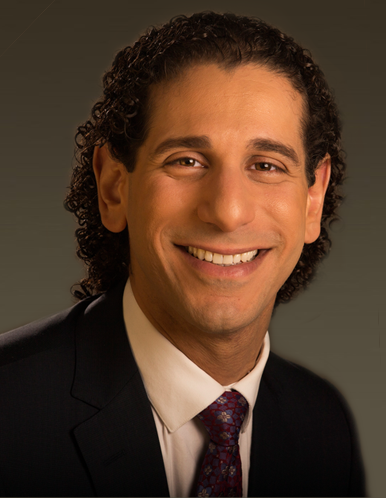 A Windsor lawyer who argued she was an employee of her former firm — not a partner — will not get damages after her former law firm dissolved, a judge has ruled.
A Windsor lawyer who argued she was an employee of her former firm — not a partner — will not get damages after her former law firm dissolved, a judge has ruled.
The ruling in Daniel v. Miller, Canfield, Paddock and Stone LLP, 2016 ONSC by Justice Peter Hockin relates to plaintiff Julie Daniel’s motion to receive severance after a partnership dissolved between Windsor-based Miller, Canfield, Paddock and Stone LLP and a Detroit-based international firm, Miller, Canfield, Paddock and Stone, PLC.
After the dissolution, three lawyers set up a reconstituted version of the firm with the Detroit-based international firm, and others relocated to Windsor firm Shibley, Righton LLP. However, these arrangements did not include Daniel, who argued that as an employee of the firm she was entitled to damages.
“The plaintiff in this case takes the position that at [Miller, Canfield, Paddock and Stone LLP], she was an employee and that in these circumstances the termination of her employment at [Miller, Canfield, Paddock and Stone LLP] amounted to constructive dismissal, without notice. She pleads that in these circumstances, she is entitled to damages for wrongful dismissal,” said the ruling by Hockin.
Daniel was called to the bar in 1989 and joined the Windsor firm — known formerly as Wilson, Walker, Hochberg, Slopen — in 2000 as an associate, before the Detroit-based international firm purchased a controlling interest in the Windsor firm in 2002.
As of 2006, Daniels had the job title of “salaried international principal” at the firm doing work related to corporate finance. The ruling notes she received the financial statements of Miller Canfield, Paddock and Stone, PLC and could go to the firm’s annual general meeting of principals.
However, Daniels argued she was not a partner in the firm because of her “non-involvement in the determination of compensation within the firm,” as well as other reasons.
Hockin disagreed — noting the terms of ‘principal’ and ‘partner’ are “interchangeable,” and “in the context of the practice of law, they mean the same thing.”
“The plaintiff until 2006 was an associate, but her status changed when she was admitted to [Miller, Canfield, Paddock and Stone PLC] as a salaried principal. Thereafter, she attended and participated in the regular meetings of the [Miller, Canfield, Paddock and Stone LLP] partnership. On notices, agenda and minutes, she was included and noted as a partner,” Hockin said, in his ruling.
“It could not have been lost on her that the firm’s associates were not present, nor that the subject matter of meetings was the conduct and management of the firm.
Decisions were taken on such matters as promotion, charitable donations, leases, billing and receivable problems and the firm’s reaction to [Miller, Canfield, Paddock and Stone PLC]’s criticism of staffing and overhead issues.”
Hockin ultimately finds Daniel was, indeed, a partner.
“…I do not find that the plaintiff was anything but truthful in her opinion that she was not a partner. It may have been honestly held, but based on all the evidence and the result, it was wrong,” he said, in the ruling.
Landon Young, managing partner at Stringer LLP, says the case “follows the well-established principle that if you’re a partner, you’re not an employee, and that means you don’t receive reasonable notice of termination.”
Young did not act in the case.
“It’s also consistent with other cases in human rights contexts,” he said. Young pointed to McCormick vs. Fasken Martineau Du Moulin LLP, which Hockin also cited.
“Legally, there is a significant difference between being a partner and being an employee,” said Young.
Adrian Ishak, a partner at Rubin Thomlinson LLP, says “these are issues that don’t crop up all that frequently.” Ishak did not act in the case.
“The reality is, I suspect that these issues tend not to get litigated all that frequently, because most environments where this takes place, brand is important, so it’s much better for all parties involved to settle than it is to litigate,” he says.
Ishak says law firms are generally going in one of two directions, “either in the direction of the mega-firm or in the direction of much smaller, and more local.”
“There’s an increasing fuzziness around the nature of the relationship of salaried partners to the firm,” he says.
Daniel’s lawyer, Robert Matlack, did not respond to a call for comment.
Suzanne Porter, who represented Miller, Canfield, Paddock and Stone LLP, did not provide comment.










